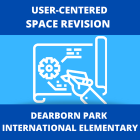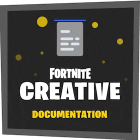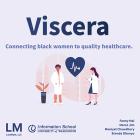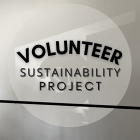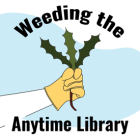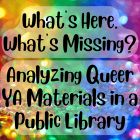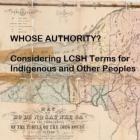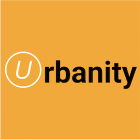
Urbanity - A webpage created to voice the effects of gentrification
Gentrification has affected many community members and long-time residents in the Central District area more specifically the Yesler neighborhoods. Many families were forced to move out as rent started to increase and buildings started getting torn apart which destroyed its rich history. Our web page aims to help native residents experiencing the effects of gentrification, a platform to share their voice as well as provide them with resources as well as help new residents moving in by providing historical facts about the rich history of the neighborhood.

